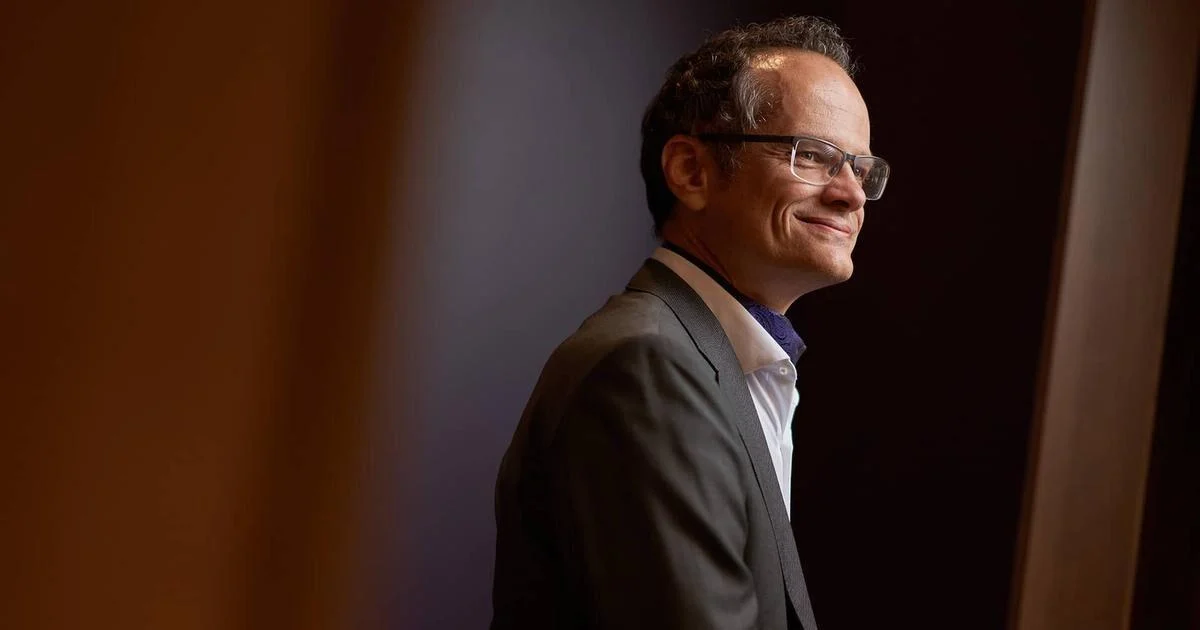Latest News
- Montreal honors 14 victims of Polytechnique massacre in official ceremony
- Canadian Indigenous cultural objects return from Vatican after a century
- A new home for Halifax explosion debris
- More than 30,000 SUVs and pickup trucks recalled in Canada due to increased crash risk
- L.L.'s painful death: Ontario court enters critical phase with new digital evidence
Latest Ads
-
Jasmine Jewel
Call
-
Omidan group
Call
-
Amir Madanpour
Call
-
Dimo studio
Call
-
Yorkacademy
Call
-
Maryambagheri
Call
-
Shishlix Restaurant
Call

He’s the first-ever chief AI officer at a Canadian university: How ChatGPT is changing post-secondary
When OpenAI introduced ChatGPT almost a year ago, University of Western professor Mark Dilly was "astonished." Mark Dilly, whose primary expertise lies in artificial intelligence and neural computing research, certainly knew that this technology had its roots in fundamental principles dating back to the 1940s. However, he didn't anticipate that in his lifetime, he would have easy access to a large, advanced language model capable of solving real-world problems.
So, when Dilly first spoke to a reporter in January, a time when ChatBots had raised significant public concerns, he likely couldn't envision ultimately taking on the responsibility of leading his university into this new frontier. Dilly stated, "I'm even more amazed now than when we first delved into this, but I'm also very excited about all the opportunities this technology provides." Dilly, who had previously worked as the university's Chief Digital Officer, announced that his five-year term would commence on Monday, perhaps with a touch of humor, saying, "Let's give a little breath to the future."
This is a position he will help define. He expects to educate and promote the ethical use of this technology, but first, he plans to listen to students, staff, and faculty members about their hopes and concerns.
It's likely that these two issues will be abundant. The world is grappling with the changes artificial intelligence has introduced into our daily lives, and since the introduction of ChatGPT, schools and higher education institutions have been striving to understand whether to take action, embrace, or restrict it. Some have created task forces and provided training for their staff, while others have blocked access to this tool.
Suggested Content
Latest Blog
Login first to rate.
Express your opinion
Login first to submit a comment.
No comments yet.


































